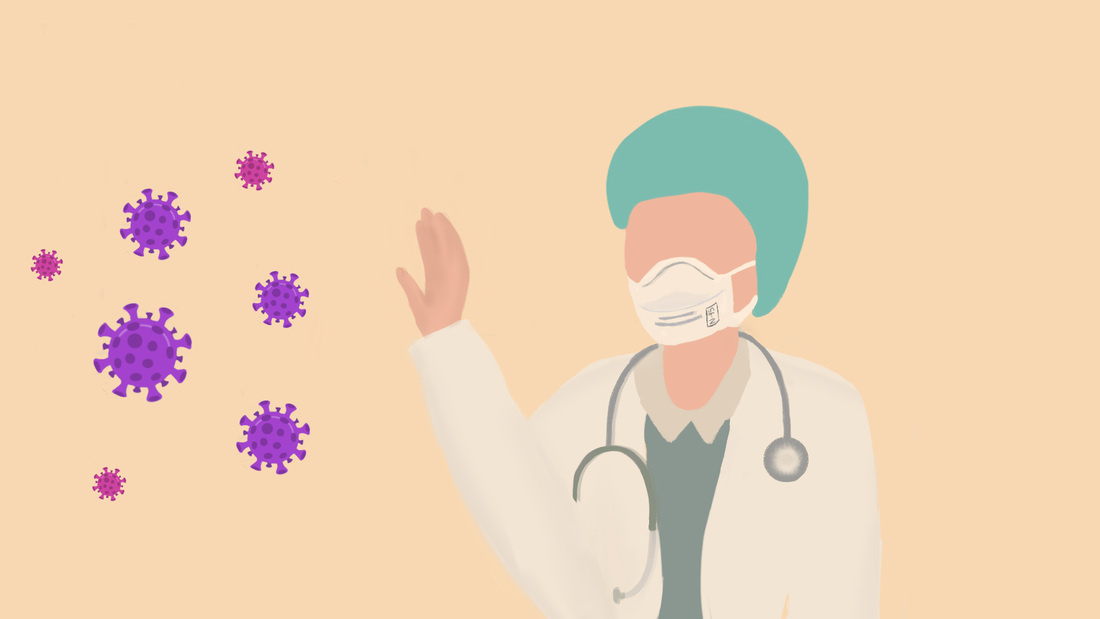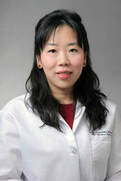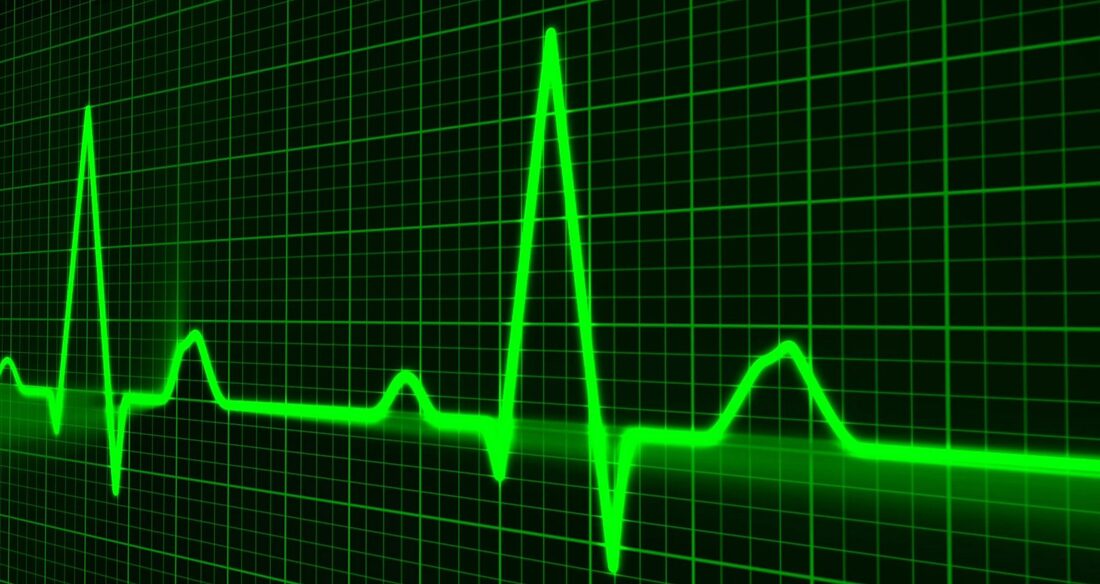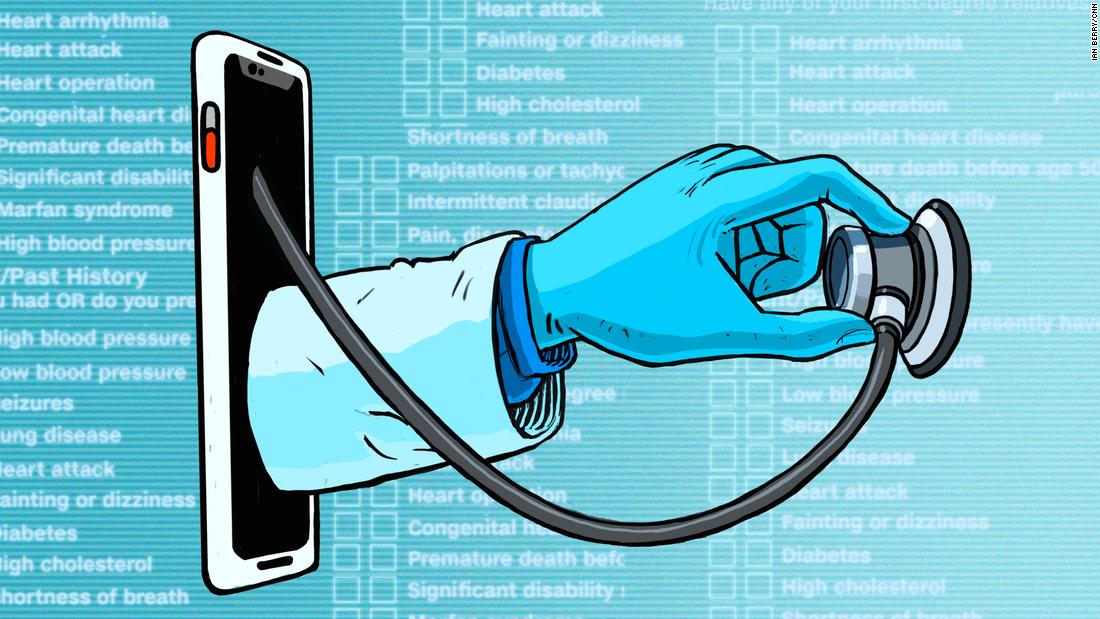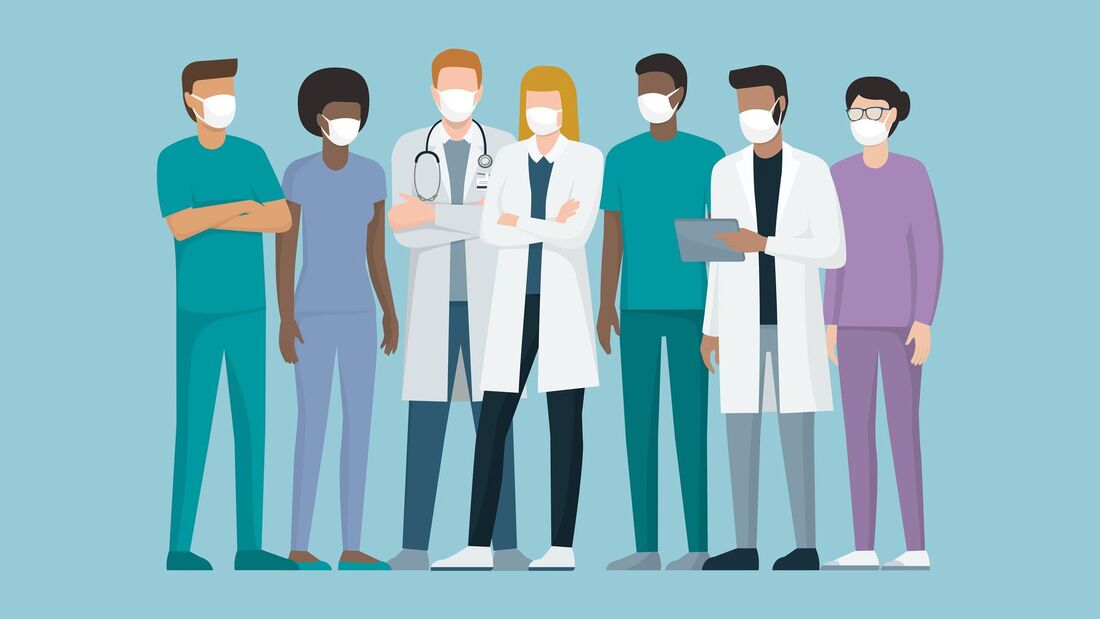Interview Highlights: Working in the Hospital During New York's Deadliest Weeks With Elaine Wan5/27/2020
Interview by: Hannah Lin (CC '23)
The following is a heavily condensed version of the full interview. If you're interested, read more here. Can you describe your COVID-19 research? I am funded by the National Institute of Health for my studies on the mechanisms of heart arrhythmias in humans, which I am working on in mice. You may have read on the news that what were thought to be possible treatment modalities for COVID, such as hydroxychloroquine, can lead to heart arrhythmias. That is where my clinical work became involved in COVID research-looking at heart arrhythmias in patients who are and are not treated with hydroxychloroquine.
Has there been anything in your research in the past few months that has surprised you?
I think that the underlying mechanisms in which COVID-19 causes severe sickness in patients is really unclear. I don’t think anyone can claim that they know exactly how it works. If we did, we would have more treatment modalities for it. One thing we’re definitely learning is that COVID-19 can affect many organs, the heart being one of them. Obviously, it is a team approach between different specialists to take care of a patient with COVID-19. It’s really a multi-systemic disorder.
Can you talk about your experience of working in the hospital during the surge? I’m very thankful for the Columbia New York Presbyterian Hospital leadership. It was truly exceptional, and they had constant transparent communication about the number of patients in the hospital and how they were preparing staff and the hospital facility to take care of these patients.
sick patients. I am very proud of a lot of the trainees-the medical students, residents, and fellows-and how we all worked together. All those things were key in addition to keeping calm under such intense pressure, teamwork, and constant communication to support one another and improve care to COVID-19 patients while protecting ourselves.
Are there any common misconceptions regarding COVID-19 that you would like to respond to? Physicians who have taken care of these patients know that it can really happen to anybody. It is not only older patients or patients with preexisting conditions. They are the majority of patients, but we’ve seen very sick patients who were young and without any prior health conditions. And it is not just the flu. There was a flu vaccine, whereas there isn’t a COVID-19 vaccine as of yet. It is contagious; it attacks many organ systems. Patients that we saw were much sicker than those with the common flu. What is your perspective on the future? I think this is a great time for students and trainees to pursue a career in research. COVID-19 has shown that scientists and research are essential. The only way to really overcome this disease is healthcare workers taking care of these patients and advancement in science to develop treatment modalities. Being a physician-scientist is difficult because you are doing three jobs everyday: being a teacher, doing research, and taking care of patients. But it is very important that we have specialists who understand what you see in the clinic or the hospital taking care of patients and also being able to translate this to perform science to understand what’s going on underneath it all.
0 Comments
Your comment will be posted after it is approved.
Leave a Reply. |

